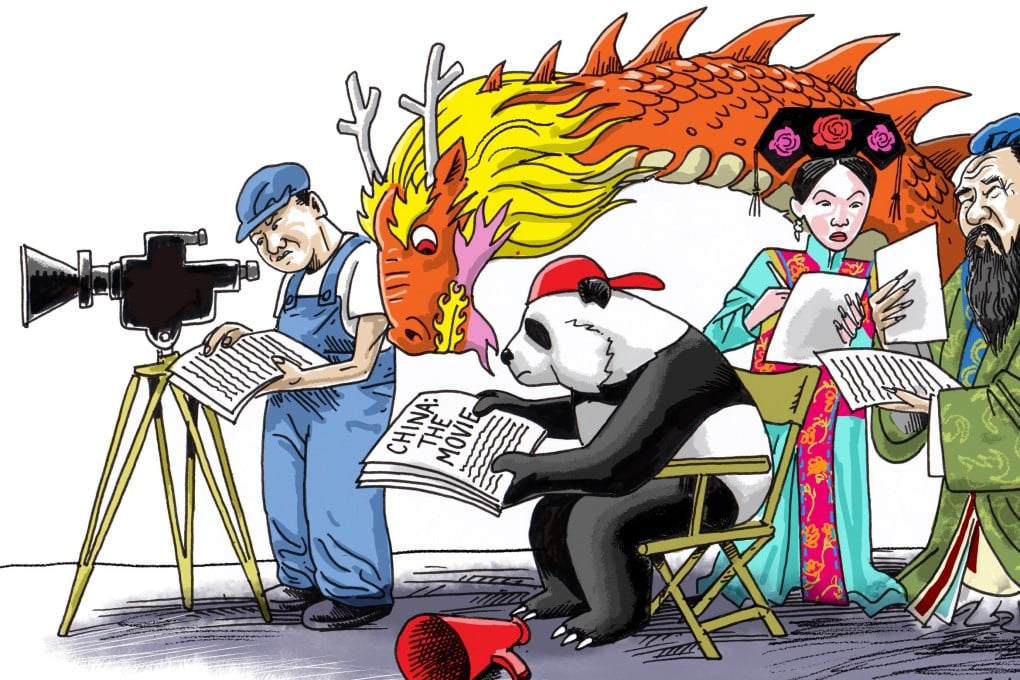Advertisement
Opinion | For Chinese culture to be a global hit, Beijing has to learn from Japan’s J-pop and South Korea’s hallyu
- As Chinese state-led soft culture efforts bump up against US-led scepticism, China needs to learn to tell its stories more concisely – and allow the entertainment sector greater creative freedom to do so
Reading Time:4 minutes
Why you can trust SCMP
20

Entertainment is soft power. The global popularity of South Korean Netflix show Squid Game has sparked hot debate in the mainland Chinese online community on why wealthy and resourceful China has yet to produce anything as internationally successful.
But no wonder. For decades, China has pursued business and economic success while neglecting the global potential of its entertainment sector, which remains strictly regulated.
Meanwhile, neighbouring Japan and South Korea have achieved enormous success with their entertainment exports, including to mainland China. Even Hong Kong popular culture had its heyday, influencing young Chinese on the mainland far more than the reverse. Apart from some Chinese diaspora groups, mainland art productions have had little penetration in global, non-ethnic audiences.
Advertisement
There are several reasons for this. It is easy to point the finger at the notorious censorship laws but this is not the full picture.
Until recently, the global growth of China’s entertainment industry was limited, intentionally or otherwise, by its former top media watchdog, the State Administration of Radio, Film and Television, which prioritised art serving socialist values. This politicised the growth of both the art and entertainment sectors, raising sensitivities that complicate global acceptance.
Advertisement
The culture industry, even with all its vices and controversial expressions, needs to be free and be driven by the private sector to reach its potential. Too much government meddling is simply counterproductive.
Advertisement
Select Voice
Select Speed
1.00x
